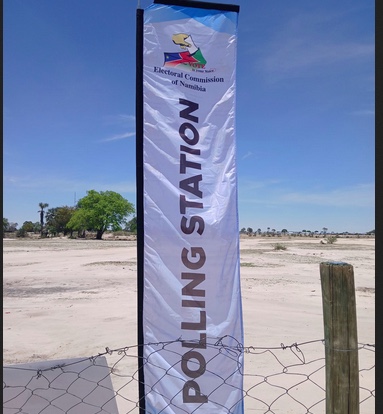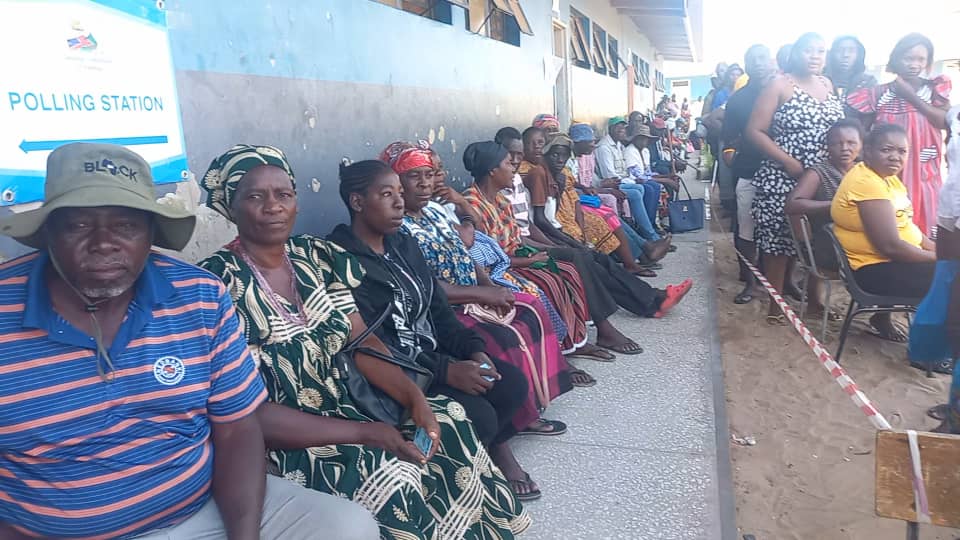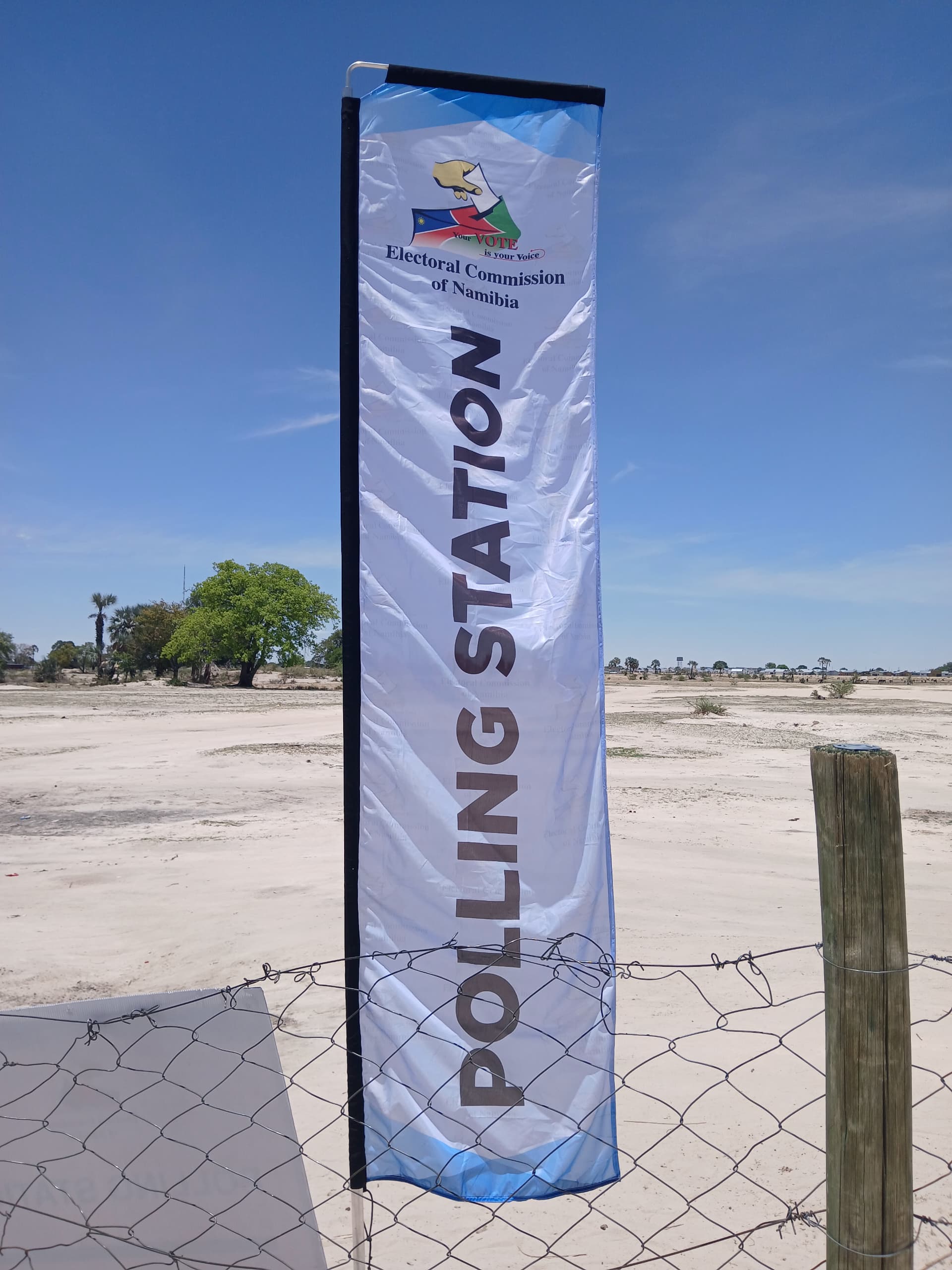Liberian president George Weah has been hailed from across the political divide and the West Africa region for his sportsmanship for conceding to his rival in Liberia’s presidential race.
“This is a time for graciousness in defeat, a time to place our country above party, and patriotism above personal interest,” the former football star, who has served as Liberia’s president since 2018, said.
The 57-year-old’s phone call to congratulate Joseph Boakai on Friday night saved the country, which has a history of brutal civil conflict, from a weekend of tension.
“These are great times in Liberia and in Africa because such action on the part of a sitting president is very, very, very rare,” Liberian human rights advocate Hassan Bility told the BBC.
Nility is the director of the Global Justice and Research Project (GJRP), which has been documenting evidence of war crimes committed during Liberia’s two civil wars, in which an estimated 250 000 died.
For him, Weah’s concession in the second round – three days before the official results were to be announced – was not only the action of a great sportsman but “a high mark of statesmanship and peace”.
The former Fifa World Player of the Year received 49,36% of the vote. Boakai, a former vice president during the tenure of president Ellen Johnson Sirleaf, won with 50,64% of the vote – a margin of 20 567 votes.
Weah’s special aide, Sekou Kalasco Jomanday, said his move did not come as a surprise.
“That is the kind of person he is, he’s a man of peace – he’s a man who believes the will of the people should always be respected and he will continue to do that,” he told the BBC.
“The president doesn’t believe that one person should lose their life because of any political struggle or one man’s quest to be president by all costs.”
Liberian political analyst Abdullah Kiatamba said Weah had looked at the figures and realised his pathway to victory was “almost impossible”.
“I think this is a victory for Liberian democracy […] for an incumbent to concede is a testament to the maturity of our democracy,” he told the BBC.
The elections are the first since the exit of United Nations peacekeepers who were deployed after the official end of the civil wars in 2003.
Samora Wolokollie, the country’s deputy finance minister, told the BBC the president had been determined to ensure the polls were conducted with the “utmost integrity”.
“He will forever be remembered for this patriotic move,” he said.
The regional bloc Ecowas has also come out with a gushing statement of thanks to Weah.
“Your gracious acceptance of the results of the elections is indicative of your statesmanship and commitment to the consolidation of peace and security in Liberia,” said Omar Alieu Touray, president of the Ecowas Commission, who also commended a free, fair and autonomously organised poll.
NIGERIAN EXAMPLE
Ecowas has been at the forefront of efforts to bring stability to Liberia – at one stage sending up to 12 000 soldiers to the country in the 1990s, with Nigerian troops forming the backbone of a peacekeeping force known as Ecomog.
George Weah’s name has been trending on social media across much of Africa, including in Nigeria where people have been saying that, while his concession is a positive move, it is not unique.
“People are saying that the ‘Jonathan effect’ is catching on – former president of Nigeria Goodluck Jonathan wanted to get another term in 2015, was defeated and he called up then opposition leader Muhammadu Buhari to congratulate him,” Mannir Dan Ali, former editor in chief of Nigeria’s Daily Trust newspaper, told the BBC.
“It was unprecedented because usually presidents sitting tight will never concede – that is why George Weah has also shown a lot of grace by accepting the will of Liberians and congratulating his opponent.”
Dan Ali says he has noted a certain amount of pride in Nigeria that Liberia is following its example.
“Nigerians are like big brothers to Liberia – remember Nigerians shed their own blood to keep Liberia together, to help them get them out of the civil war. More than US$4 billion [£3,2 billion] of Nigeria’s money was spent on Ecomog. Nigerians, who always like to claim to be the giants of Africa, will be happy to say that in this particular case they showed the way.”
Most analysts agree Weah has shown a red card to those flouting democracy in West Africa, where there has been a recent upsurge in military coups and disputed elections.
“George Weah has set the stage for other countries to follow,” Loretta Pope Kai, chair of the National Civil Society Council of Liberia told the BBC, adding that it showed “the power of the people mattered”.
Bility agreed: “Liberia represents, in my opinion, a beacon of hope for Africa.”
LEGACY
Looking back at Weah’s presidency, he said the footballer turned politician should also be remembered for tolerance and some infrastructural development – his supporters nicknamed him ‘Bad Road Medicine’ after he once said he was the medicine needed to treat bad roads.
“It’s amazing to see that there aren’t any political prisoners in jail, there aren’t journalists in jail, free speech was at its highest,” Bility said.
Both Weah and Boakai attended crowded church services in the capital, Monrovia, on Sunday, where they addressed their supporters.
“We would not have been in church today if I had done what others wanted me to do,” said the president, who will step down in January.
“We cannot also blame ourselves for not getting victory, it is a learning curve.”
During his concession speech, he warned his successor that “the closeness of the results reveals a deep division within our country”.
“As we transition to a new administration, we must be vigilant to the dangers of division, and must work together to find common ground.”
Social media has been full of comments reflecting this split, with Liberians documenting his successes (like increasing doctors’ salaries and improving education) and his failures (corruption scandals and poor funding for football).
Indeed, the fact that the national team has failed to reach any continental finals over the last five years prompted Cyrus Yeanay, an executive committee member of the Liberia Football Association, to post on Facebook: “George Weah, you were voted [out] for failing football too.”
Meanwhile, at a packed Baptist service, the 78-year-old president-elect Boakai told the congregation he was taking his endorsement seriously: “I know what the Liberian people need and deserve.”
His focus on the campaign trial has been on fighting corruption and boosting agricultural production.
But with such high expectations in a divided nation, Bility has two pieces of advice for him: “One, maintain the peace; two, pursue justice.
“Because no matter what, no specific president is going to be able to satisfy the desires and needs of a 176-year-old under-developed country.”
– BBC
Stay informed with The Namibian – your source for credible journalism. Get in-depth reporting and opinions for
only N$85 a month. Invest in journalism, invest in democracy –
Subscribe Now!






